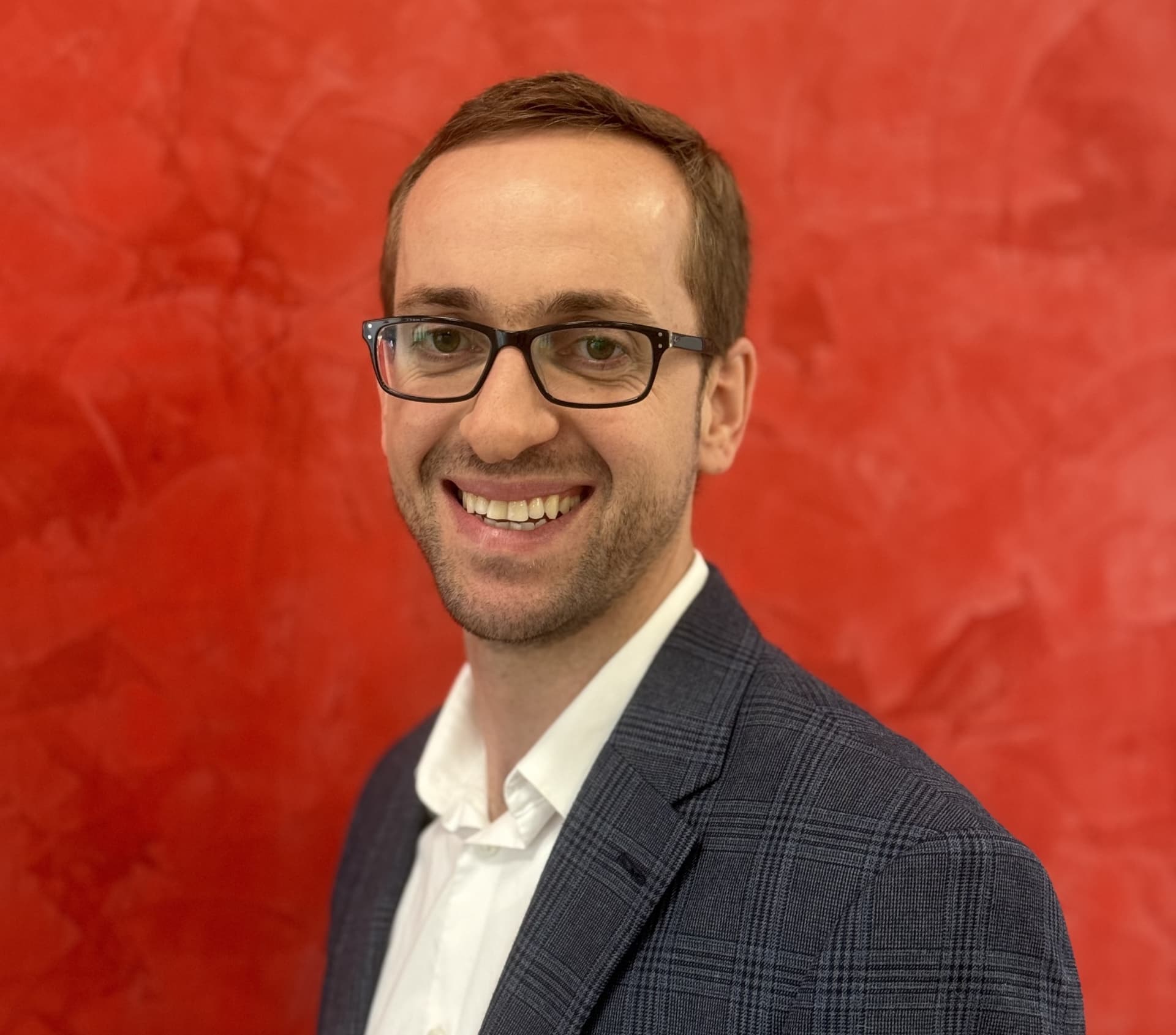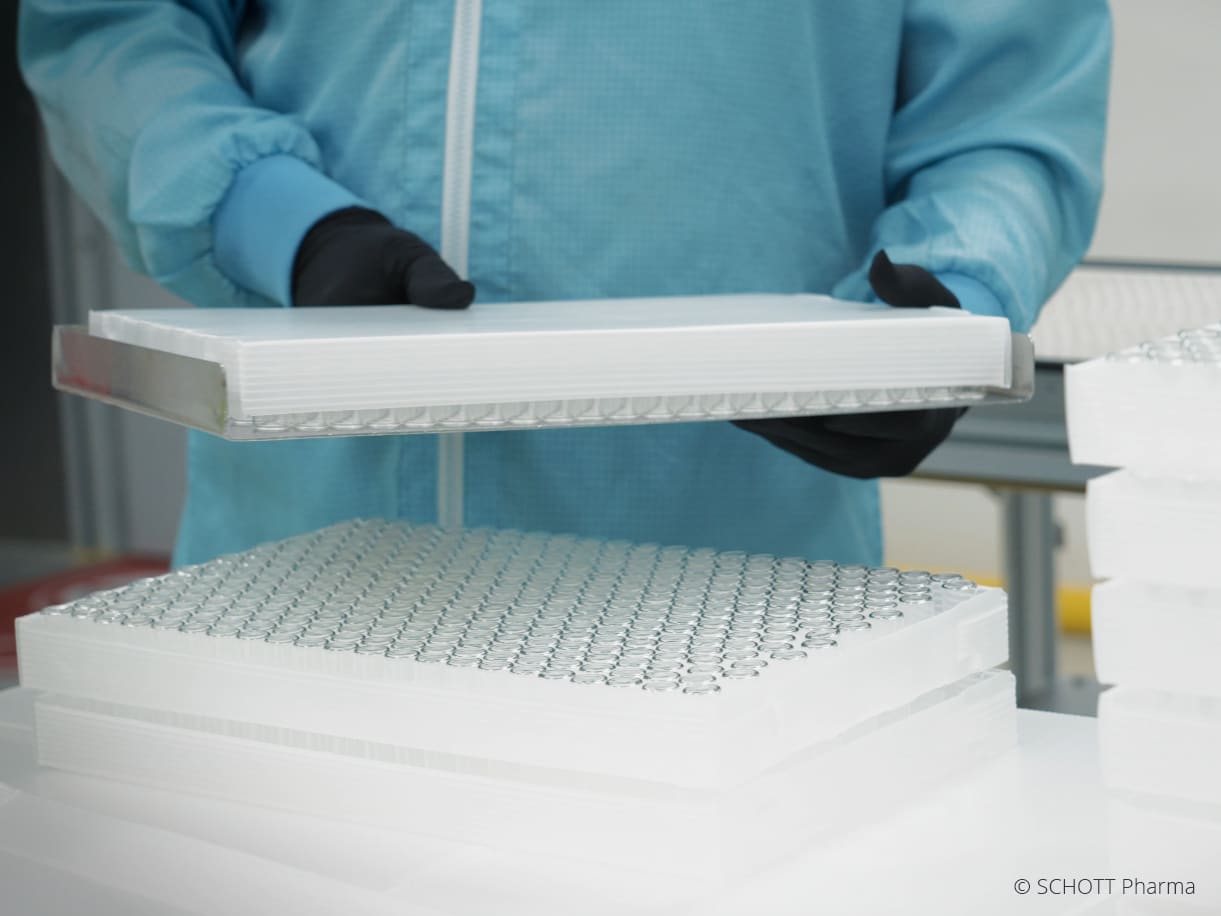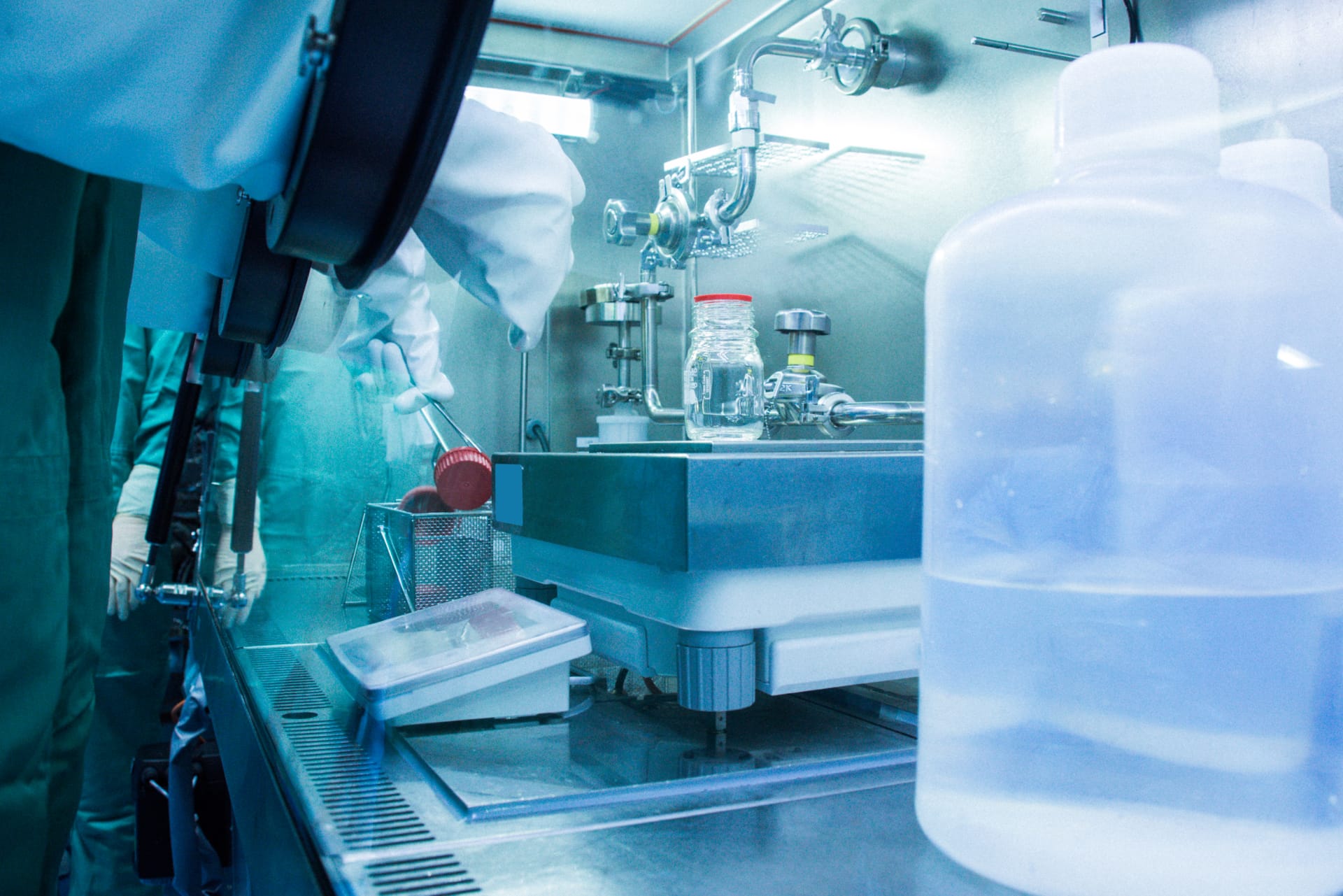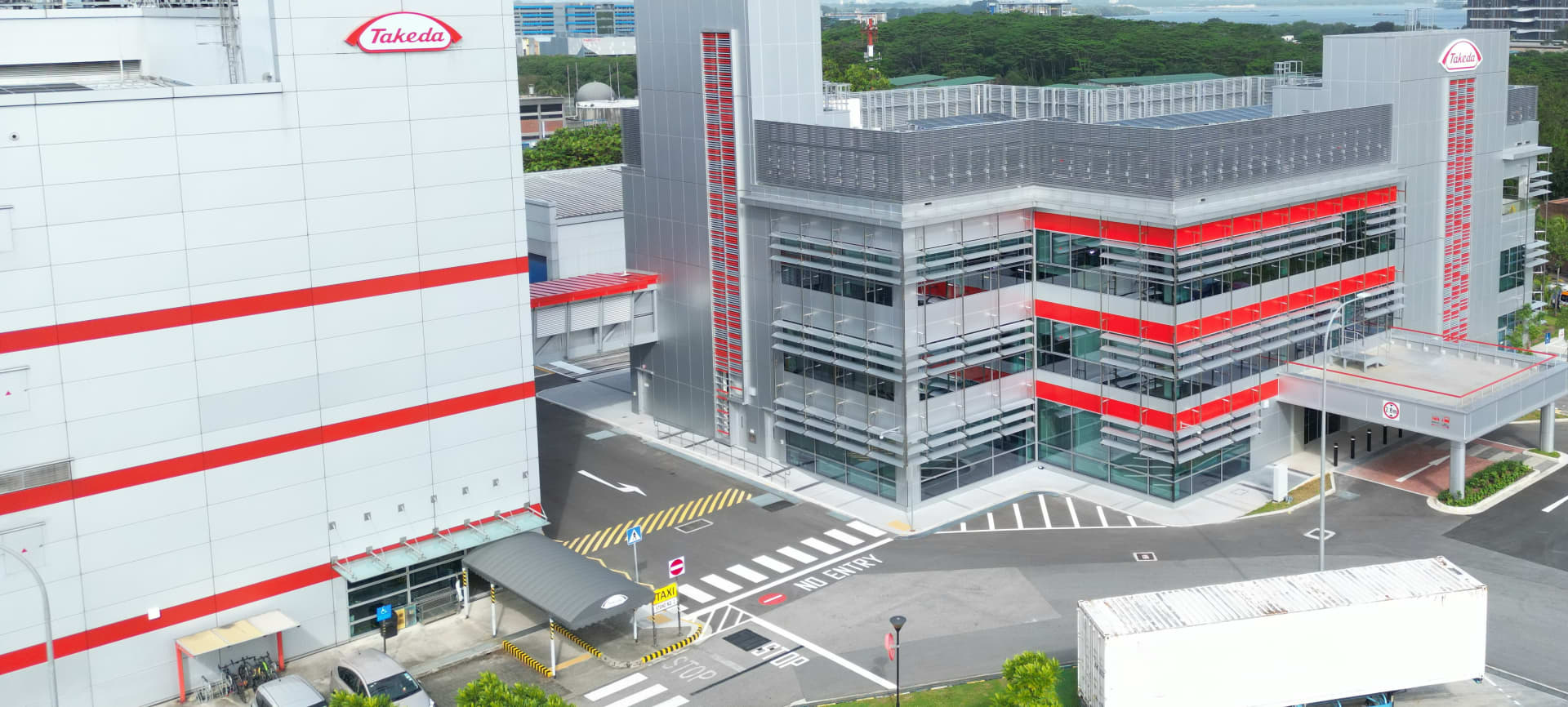How engaging suppliers on science-based targets supports our climate goals | Takeda Stories

How engaging suppliers on science-based targets supports our climate goals
“Growing up, I remember my father saying that we in Brazil are considered the lungs of the planet because of the rainforest.”
This early lesson about the Amazon’s vital role in global ecology left a lasting impression on Ramses Silveira. Though he didn’t fully grasp its significance as a child, the message stayed with him, shaping his understanding of sustainability and the profound connection between human health and the health of the planet.

The Science Based Targets initiative outlines why goals like these are so vital.
Science-based targets provide a clearly defined pathway for companies to reduce greenhouse gas emissions, helping prevent the worst impacts of climate change and future-proof business growth, it states. Targets are considered science-based if they are in line with what the latest climate science deems necessary to meet the goals of the Paris Agreement – limiting global warming to 1.5°C above pre-industrial levels.
Initially, Ramses faced challenges in getting suppliers on board with these ambitious goals, which often include sourcing sustainable materials and reducing the environmental impact of production techniques. But consistent communication of the many benefits has helped place sustainability at the heart of his business discussions.
“As well as the clear impact on the environment, I always talk about improved brand reputation and competitive advantage because companies such as ours will prefer to do business with suppliers who show they are caring for the environment,” says Ramses. “The targets also prepare suppliers for potential future regulations because there might be a scenario where they become even stricter.”
It’s an approach that is already paying off. Ramses has seen suppliers in multiple countries embrace the challenge, launching initiatives such as the development of new recyclable blister packs and furnace technology to produce glass vials with fewer carbon emissions.
It’s leading to new partnerships, too.
“A supplier approached us recently with an exciting proposition,” says Ramses. “They had an innovative idea and needed a pharmaceutical partner to run a pilot program.”

"Having science-based targets is really like having the technology, the science, today to make sure that we reach our goal.”
Ramses Silveira, Global category manager, primary packaging & API
Programs like this highlight the importance of partnerships in developing and embedding sustainable practices in the pharmaceutical industry that benefit everyone. And Ramses is pleased that companies see us as a partner of choice when seeking innovative ways to reduce the environmental footprint.
“They told me we were the first company that came to mind,” he says. “For me, this recognition was already a success itself.”
Thomas Wozniewski, our global manufacturing & supply officer, sees this recognition as another affirmation that adhering to our values resonates well with our stakeholders inside and outside the company:
“Our corporate sustainability approach is very much aligned with the U.N. definition of sustainability: ‘meeting the needs of the present without compromising the ability of future generations to meet their own needs,’” he says. “We’ve been doing that by providing innovative products to our patients while doing the right things for our people and the planet at the same time. This is core to our success.”
Ramses is excited by our pursuit of ambitious environmental goals and the crucial role our procurement team plays in engaging suppliers and encouraging them to join us on this transformative journey. Guided by science-based targets, he feels we are headed in the right direction.
“I compare it to a sailing boat,” he says. “The sailors need to adjust the sails to the wind otherwise there is a chance they will not reach their destination. Having science-based targets is really like having the technology, the science, today to make sure that we reach our goal.”
Watch this one-minute video to hear Ramses Silveira explain how his childhood in Brazil shaped his passion for the planet.
Share this story


